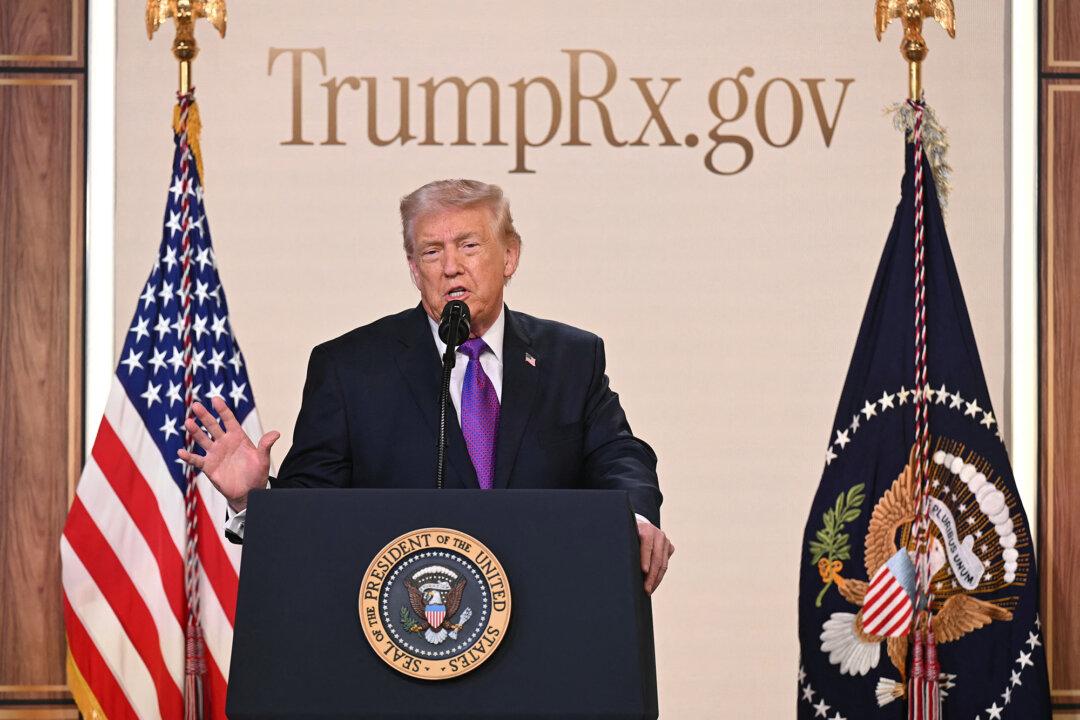A federal judge has dismissed former President Donald Trump’s classified documents case, finding that Special Council Jack Smith was unlawfully appointed.
President Trump was indicted by Mr. Smith for allegedly illegally holding onto classified documents at his Mar-a-Lago resort in Florida after leaving office.
U.S. District Judge Aileen Cannon, a Trump appointee, who was assigned the case in Florida, argued in a July 15 order that Mr. Smith, who had been appointed by Attorney General Merrick Garland, did not go through the proper appointee procedure, and therefore his appointment was unconstitutional.
Under proper procedure, officers must be nominated by the president and confirmed by the Senate, or appointed to a position by Congress and signed into law by the president. Mr. Smith’s appointment was not done under either of these procedures, and therefore “the Superseding Indictment is DISMISSED,” Judge Cannon ruled.
The cases against Trump employees Walt Nauta and Carlos De Oliveira, who were indicted alongside President Trump, were also dismissed.
A spokesman for Mr. Smith, Peter Carr, said the Justice Department had authorised an appeal.
President Trump is also facing prosecutions in the District of Columbia and Georgia over his efforts to contest the 2020 election results, and a corruption case in New York which could be reassessed following a recent presidential immunity win.
The Supreme Court on July 1 ruled that President Trump has absolute immunity for official acts when he served as president, but no immunity for any acts he carried out as a private candidate.
This is a landmark ruling and a huge win for President Trump who had initially claimed presidential immunity from charges of conspiracy and obstruction levelled at him in a District of Columbia court for certain actions he took in contesting the 2020 election results.
This case has been sent back to the court, and President Trump can now appeal.
Mr. Smith had also been appointed as special council serving the indictment for his District of Columbia election interference case, which will not be affected by the unlawful appointment verdict.
In the wake of President Trump’s presidential immunity win, his lawyers on July 11 filed to overturn a May 30 guilty verdict for his New York corruption case where he was charged with 34 counts of falsifying business records related to money that was paid to adult film actress Stormy Daniels during his 2016 presidential election campaign, elevating the charge to election interference.
His lawyers argue that reimbursements payments to President Trump’s ex-attorney Michael Cohen were made after he had won the election, and therefore he should be entitled to presidential immunity, nullifying his prosecution.
New York Supreme Court Justice Juan Merchan, who is presiding over the case, had set the sentencing hearing for July 11, but prosecutors have agreed to a delay and the judge has now moved the date to Sept. 18, closer to the 2024 presidential elections, another win for President Trump who had been under strain from court appearances interfering with his election campaign.
Mr. Carr said the Justice Department had authorised an appeal.






